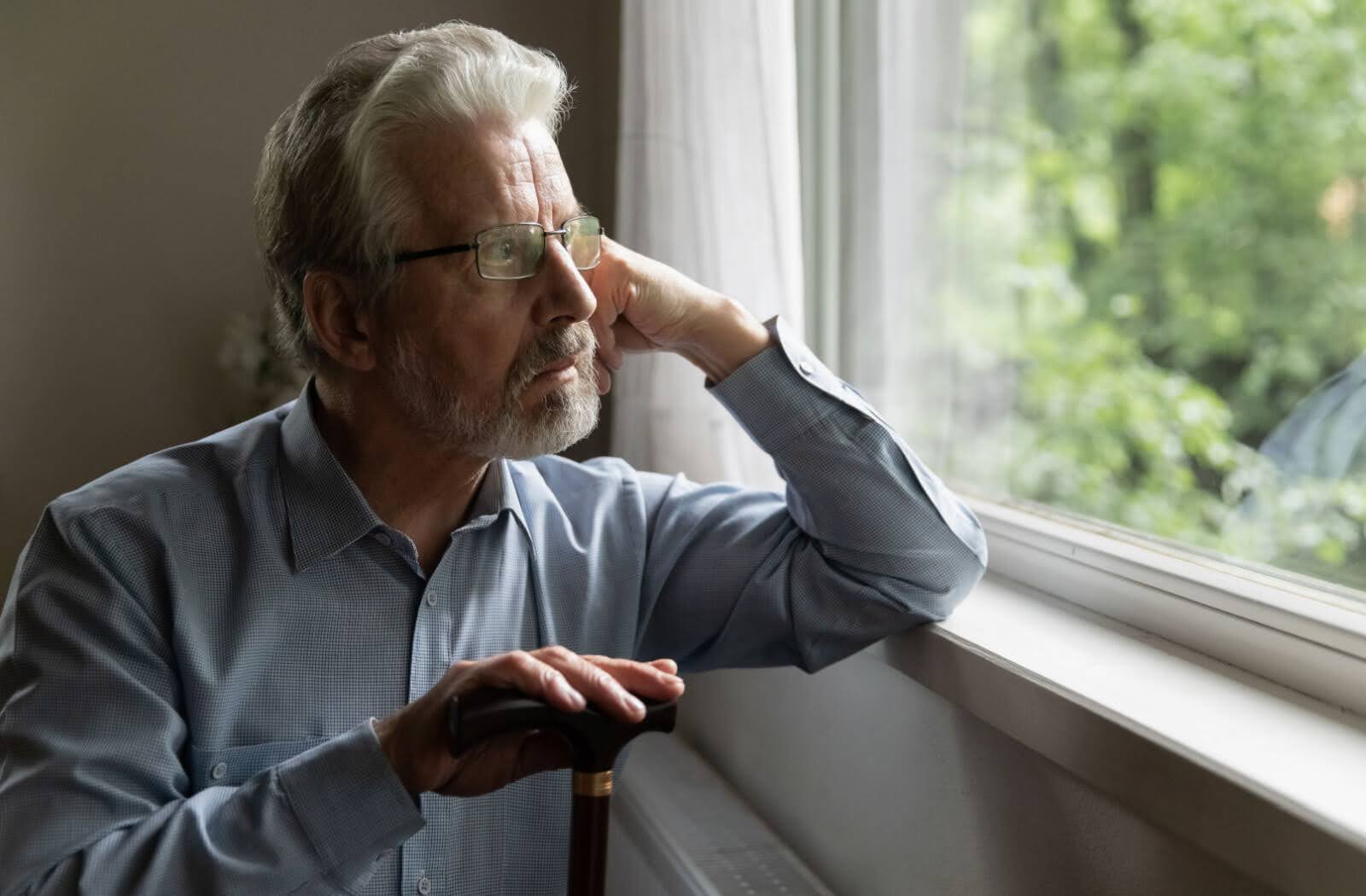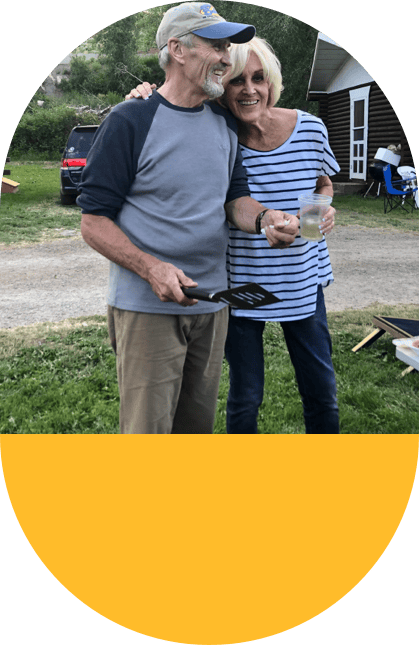As we journey through life, our needs and circumstances often evolve. For some individuals, transitioning from a personal care home to a long-term skilled care of a nursing home becomes a necessary step to make sure that the most optimal care and support is received.
While the decision can be very personal, recognizing the signs indicating the need for a higher level of care is crucial for the well-being of yourself or your loved one. Five signs to consider include an increase in medical needs, a decline in functional abilities, safety concerns, social isolation, and experiencing caregiver burnout.
Increased Medical Needs
When your loved one’s medical needs begin to intensify, it’s a clear indication that they may require a higher level of care than what’s currently provided in a personal care home. Chronic health conditions, mobility difficulties, and cognitive decline are substantial concerns that necessitate around-the-clock supervision and skilled medical attention.
If your loved one is managing health conditions that demand constant nursing oversight or assistance with medication and treatments, a move to a nursing home could be beneficial. These communities are staffed with medical professionals who are available at all hours, catering to residents’ healthcare needs and ensuring their overall safety—crucial when living alone is no longer a viable option.
Mental Well-being
When it comes to mental well-being, feeling independent can make a huge difference. Take it from this 2020 research that looked into the lives of over 2,000 folks 65 and up. They found out that when people started needing help with basic stuff like eating and getting cleaned up, their mental health declined.
Now, if you’re dealing with mental health challenges, whether they’re linked to physical health issues or anything else, it’s okay to look for support in an older adult care community. By moving there, not only do you get the mental health care you need, but you might also see a boost in your spirits from hanging out more with others and getting a bit more active.
Decline in Functional Abilities
As individuals age or face health challenges, they may experience a decline in their functional abilities, such as difficulties with bathing, dressing, or managing medications independently.
If these tasks become increasingly challenging and assistance from caregivers in a personal care home is no longer sufficient, transitioning to a nursing home where more comprehensive assistance is available may be necessary to make sure that safety and quality of life are still met.
Safety Concerns
When it comes to safety in long-term skilled care settings, older adults face various challenges due to their increased vulnerability.
Falls are a major concern, as they can lead to serious injuries. To address this, fall prevention strategies, such as emphasizing the use of correct footwear, are essential.
Medication errors are another significant risk, given the complex medication regimens many older adult patients require. Making sure medication is administered accurately is key to patient safety.
Nursing homes are also free from cluttered environments and unpredictable moments such as pets—differing greatly from other care scenarios.
Ultimately, making sure of a safe environment remains at the core of what a long-term skilled care home can offer.
Social Isolation
Feeling lonely can be an issue in personal care homes. Even with lots of activities and chances for individuals to hang out together, some older adults just can’t shake off the loneliness.
It gets harder when you have reduced mobility or your health is not the best. And it’s not any easier if you’ve got memory issues that make it tricky to get involved. Nursing homes are set up to get people talking and thinking, which can do wonders for their spirits and overall living well.
Social isolation isn’t just rough—it can seriously lead to more individuals needing a spot in a nursing home. When people don’t have enough social interaction, their health can slide downhill, and they might need more care than they can get at home.
Nursing homes play a significant part in making sure no one’s left out. They come up with all kinds of creative ways to keep residents engaged and cut down on solitude.
Caregiver Burnout
Caregivers are indispensable, providing daily hands-on support that is critical to the well-being and contentment of their residents. It is well-known that the role they fulfill is not only physical strength but also emotional resilience, as they often become a cornerstone of support for those in their care.
Family caregivers play an equally significant role, frequently balancing the emotional weight and complex needs of their loved ones with the responsibilities of their own lives. This can, however, carry the risk of caregiver burnout, a state of physical, emotional, and mental exhaustion that can lead to serious health issues.
Recognizing when caregiving becomes too challenging is crucial. In such cases, transitioning a loved one to a nursing home, where professional caregivers are equipped to manage their care needs, may be the right decision. This transition can provide relief to family caregivers while making sure that their loved one receives the necessary level of support.
Working collaboratively within a supportive team framework allows them to maintain a high standard of care with a sense of job efficacy. Ultimately, taking proactive steps to safeguard the health and well-being of both caregivers and their loved ones is essential.

Prioritizing Quality Care & Well-Being
Deciding to transition from a personal care home to a nursing home is a significant one that requires careful consideration and consultation with healthcare professionals, family members, and the individual receiving care.
By recognizing these signs, taking time during this new phase of life, and assessing the level of care needed, families can make informed decisions that prioritize the safety, comfort, and well-being of their loved ones.
Juniper Communities offers a safe, considerate, and comfortable nursing home environment for its residents to receive the best possible care and support. Check out our different community options to determine which is best for your loved one.











